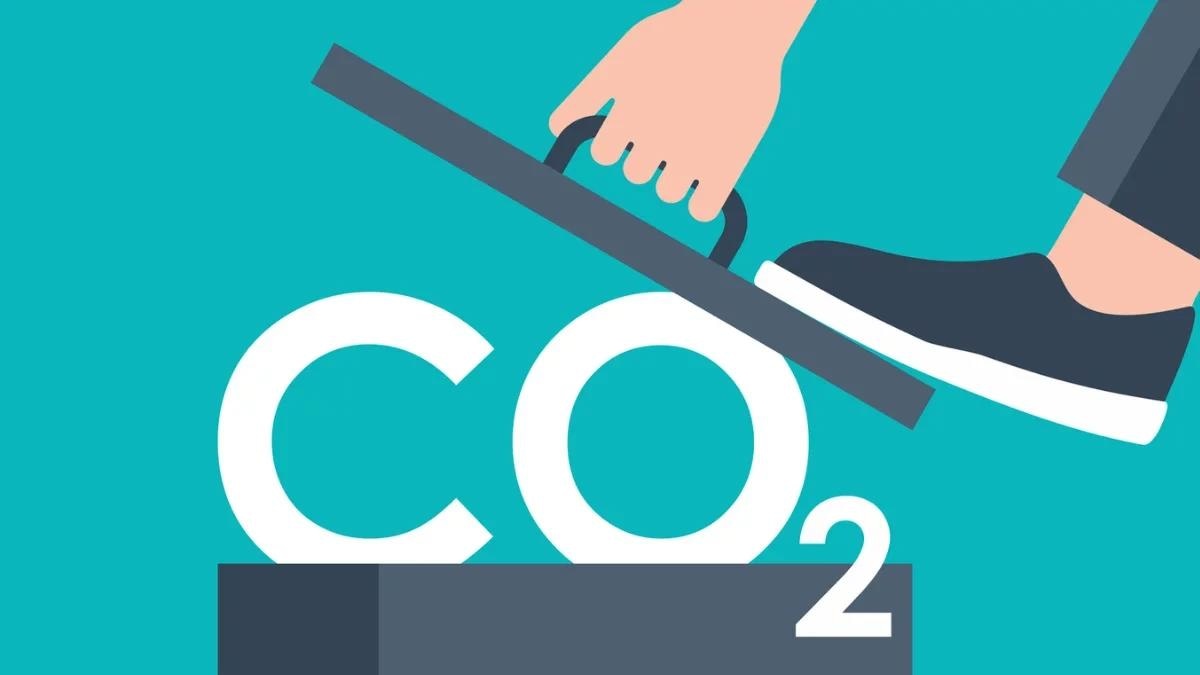A breakthrough technique that expedites the creation of catalysts for lithium-CO2 (Li-CO2) batteries could soon lead to the production of affordable, effective batteries that can also absorb toxic pollutants.

Image Credit: University of Surrey
The University of Surrey, Imperial College London, and Peking University developed the technique to improve the sluggish and ineffective processes now employed to generate catalysts for Li-CO2 batteries.
Researchers tested and screened elements including platinum, gold, silver, copper, iron, and nickel in the study using their method to quickly determine whether they would be appropriate candidates for creating powerful Li-CO2 batteries.
We have created a cutting-edge lab-on-a-chip electrochemical testing platform that can do multiple things at the same time. It helps evaluate electrocatalysts, optimize operation conditions, and study CO2 conversion in high-performance lithium-CO2 batteries. This new method is more cost-effective, efficient, and controllable than traditional ways of making these materials.
Dr. Kai Yang, Study Corresponding Author and Lecturer, Advanced Technology Institute, University of Surrey
Li-CO2 batteries are a promising new kind of battery that function by mixing lithium and carbon dioxide; they offer a mechanism to absorb CO2 as well as effective energy storage, possibly offering a double contribution to the battle against climate change.
It is crucial that we develop new negative emissions technologies. Our lab-on-a-chip platform will play a crucial role in advancing this goal. It will not only enhance our understanding of novel batteries, but it can also be applied to other systems like metal-air batteries, fuel cells, and photoelectrochemical cells. This new tool will enable quick screening of catalysts, studying reaction mechanisms, and practical applications, from nanoscience to cutting-edge carbon removal technologies.
Dr. Yunlong Zhao, Study Lead Corresponding Author and Senior Lecturer, Imperial College London
Journal Reference:
Wang, M., et al. (2023) Developing highly reversible Li–CO2 batteries: from on-chip exploration to practical application. Energy and Environmental Science. doi:10.1039/D3EE00794D